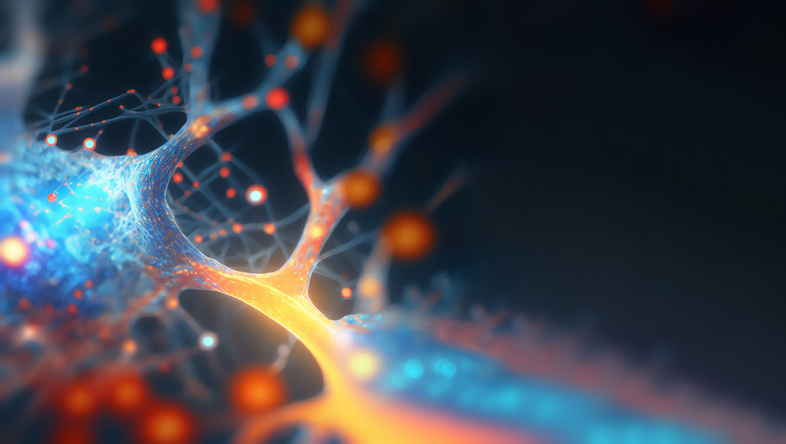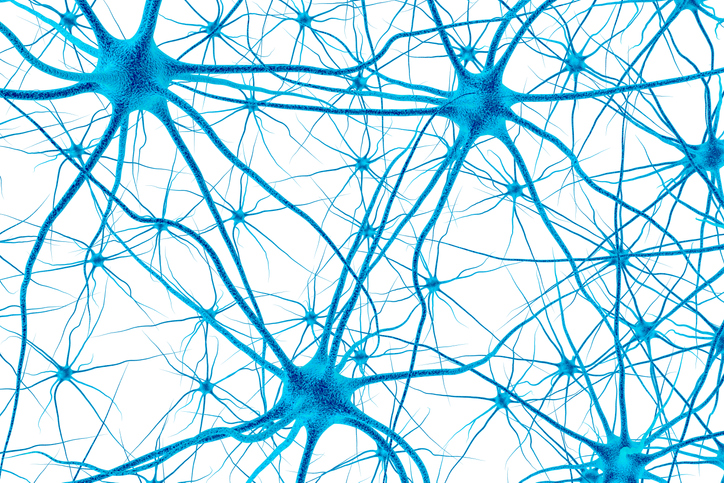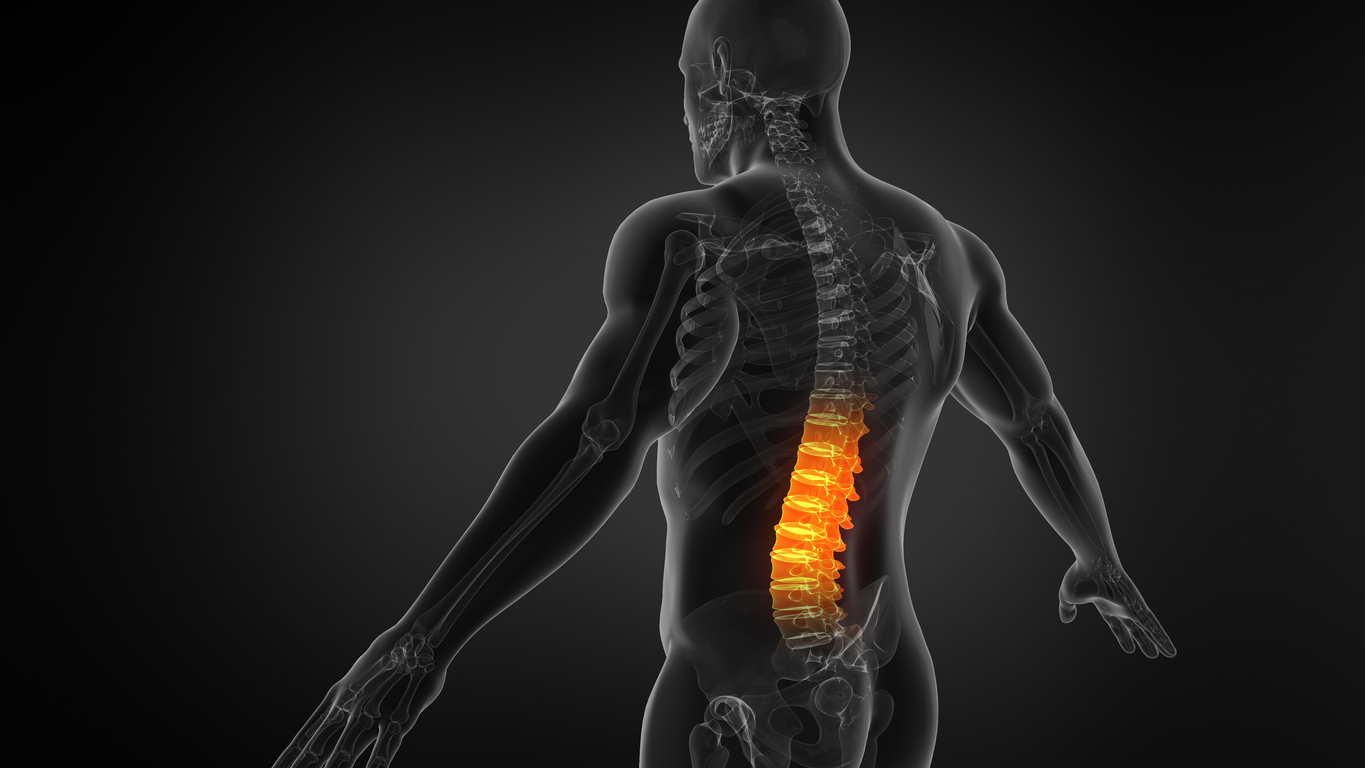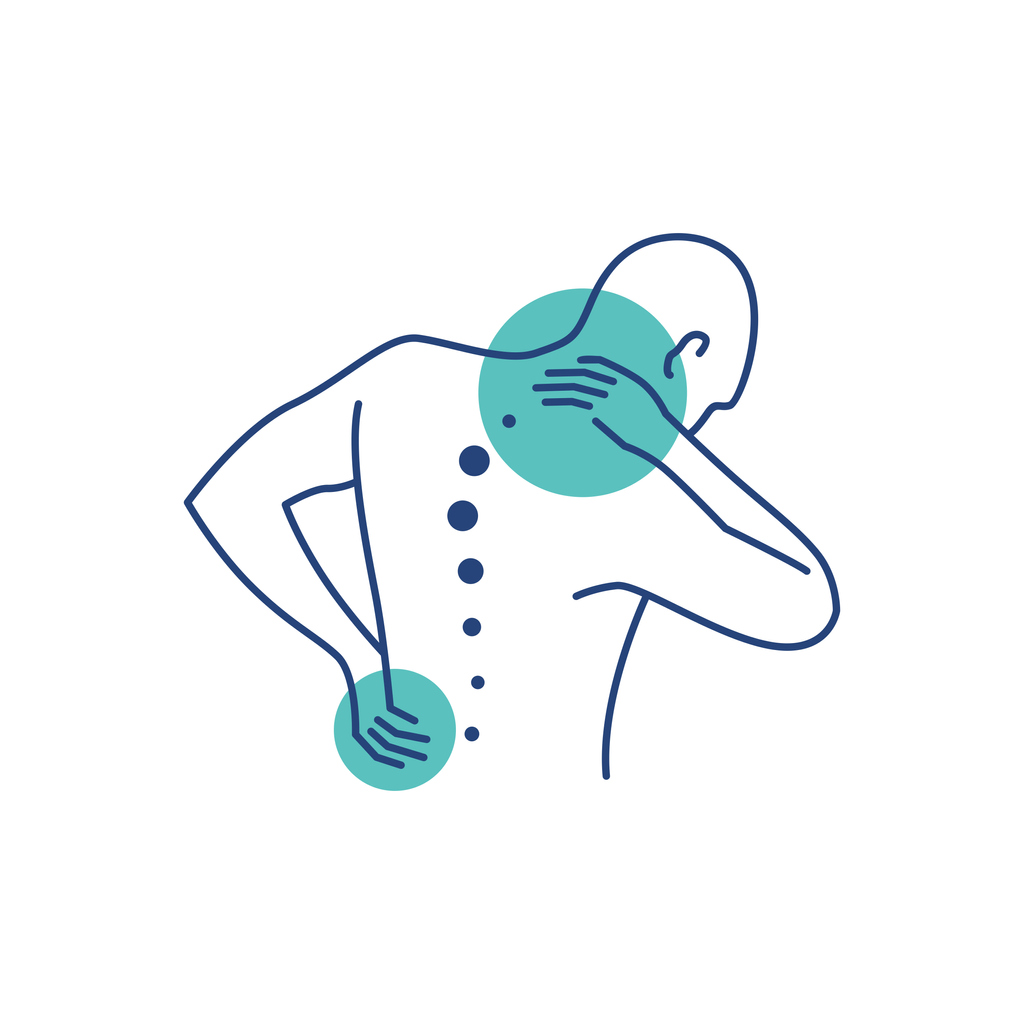Pain
Neuropathy and Chronic Back Pain

As many as 10 percent of the world’s population currently have neuropathic pain. Chronic neuropathic pain, sometimes referred to as peripheral neuropathy or peripheral neuritis, is caused by nerve damage.
How Does Neuropathic Pain Develop?
Neuropathic pain differs from other kinds of pain. For example, when a person breaks a bone, the nerves located at the site of the break carry pain signals to the brain. But with neuropathic pain, the damage is contained in the nerves themselves.
In most cases, neuropathy is caused when a dysfunction occurs in the way nerves respond to trauma or injury. The nerves become hypersensitive and send false pain signals to the brain when the original injury or trauma has actually healed. Most injuries begin in the peripheral or central nervous system.
Back Pain May Result In Neuropathy
Any type of condition or injury that compresses a nerve can lead to neuropathy. A herniated disc is a good example of a back injury that can result in neuropathy. Other forms of neuropathic pain that originate in the spine or back include the following:
- Sciatica or chronic pain that radiates down the leg
- Cervical radiculopathy or chronic pain that runs down the arm
- Failed back surgery or any pain that occurs after surgery and persists
Other forms of neuropathy may be caused by complex regional pain syndrome, diabetes, injections, injury, disease, substance abuse or exposure to toxins. However, the cause of neuropathy is not always apparent.
Early Treatment Is Critical
Treatment of neuropathy in its early stages offers the best opportunity for successful treatment. Exposure to chronic pain may cause the central nervous system to become hypersensitive over time. In rare cases, this can lead to central sensitization, when even the slightest touch causes pain.
Neuropathy may also lead to other health problems, such as mobility issues, sleep difficulties, anxiety, depression and social isolation.
















